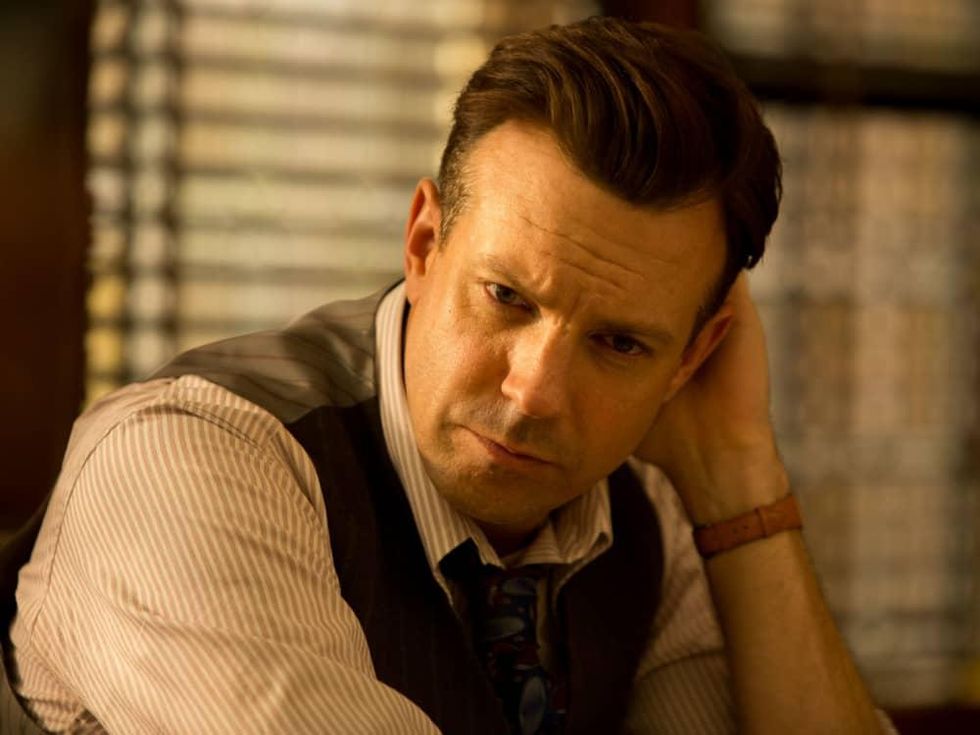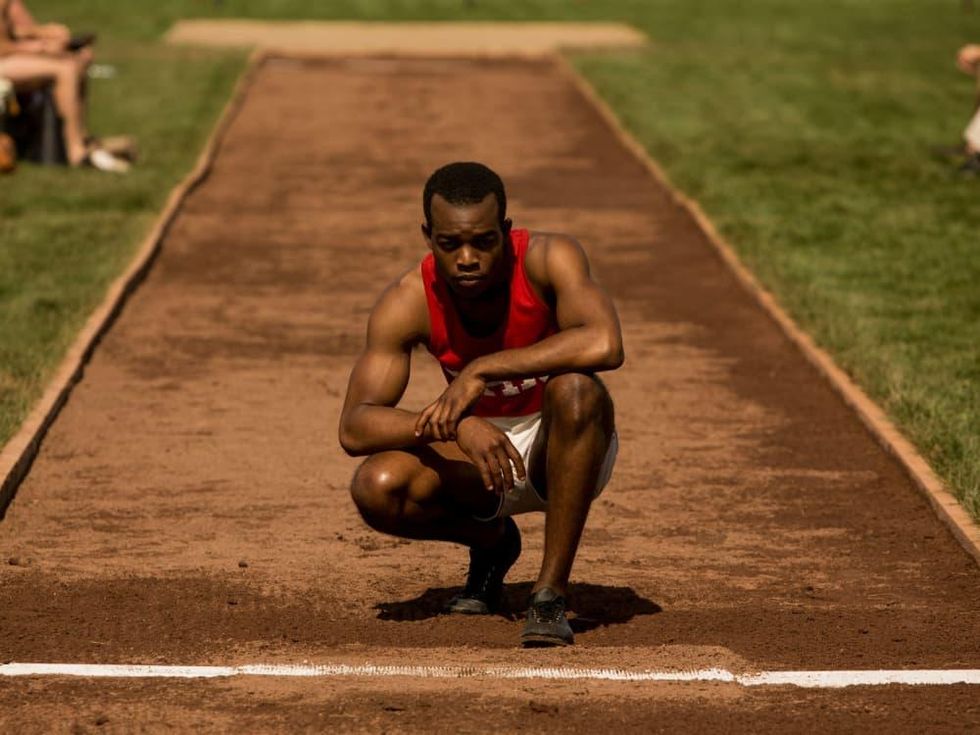Movie Review
Subplot assault delivers near-fatal blow to Jesse Owens story Race
Track and field athlete Jesse Owens is one of the greatest American Olympians of all time, winning four gold medals at the 1936 Summer Olympics in Berlin, at the height of the rise of German dictator Adolf Hitler. So in the 80 years since that stunning feat, you’d figure that he would be idolized many times over by the movie and TV industry.
You’d figure wrong, however. Owens has been portrayed precisely five times — twice as bit parts in other people’s stories, and once as part of a comedy sketch on Saturday Night Live. In fact, the new movie Race is the first time anyone has ever brought his story to the big screen. Shameful.
That Race now exists should be celebrated, because people need to understand the importance of what Owens accomplished. But director Stephen Hopkins and writers Joe Shrapnel and Anna Waterhouse undercut Owens’ story in a way that suggests these filmmakers are still missing the point.
The film follows Owens’ (Stephan James) rise to stardom at Ohio State University in the lead-up to the 1936 Olympics. Under the tutelage of coach Larry Snyder (Jason Sudeikis), Owens harnesses his raw talent and becomes a nearly unstoppable force.
Of course, Owens’ peak coincided with the Olympics being held in Berlin, an idea many found abhorrent given the actions of Hitler and the Nazi Party. Much time is spent parsing over the decision of the American Olympic Committee — led by Avery Brundage (Jeremy Irons) and Jeremiah Mahoney (William Hurt) — to send the American team to the games at all. Nazi minister of propaganda Joseph Goebbels (Barnaby Metschurat) and filmmaker Leni Riefensthal (Carice van Houten), who filmed the games for the Nazis, also get significant attention.
Sometimes subplots are germane to the central plot. But not in Race: The amount of time dedicated to things that don’t directly involve Owens takes away from his story and shows a basic lack of understanding about how to portray someone of his stature.
The filmmakers do delve a bit into Owens’ personal history, but the story starts as he goes off to college, so obviously more could have been explored. As it stands, Owens comes off as a bit one-dimensional, save for a half-hearted attempt at showing some minor romantic turmoil.
What should have been cut considerably is Brundage’s crusade to prevent an American boycott of the Olympics. His controversial role is interesting, but its lengthy presence comes at Owens’ expense.
James is a rising star, having also impressed as John Lewis in the underappreciated Selma. He does what he can as Owens, though the filmmakers seem to handicap him in many ways. Sudeikis is slightly miscast as Snyder, as his typical smarminess overshadows what could have been more powerful moments.
Race is occasionally affecting, especially when Owens is running into history. But with too little attention put on him and too much put on ancillary issues, the movie fails as a true tribute to an American hero.





 These spirits will get to shine in cocktails at Rickhouse.Photo courtesy of K. Spoetzl Brewery & Distillery
These spirits will get to shine in cocktails at Rickhouse.Photo courtesy of K. Spoetzl Brewery & Distillery